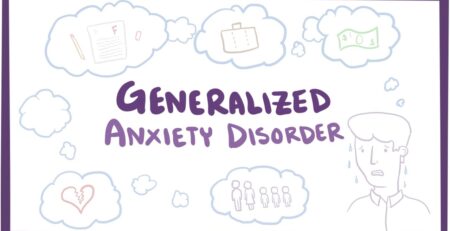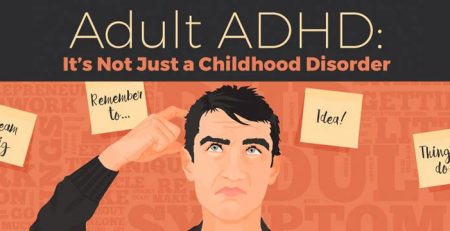What is Dissociative Fugue?
Dissociative fugue, a psychological state, occurs when a person cannot remember who they are or other crucial information about their identity and travels to another place out of the blue. A person who experiences a dissociative fugue may unexpectedly find themselves in a location such as at work or the park with no memory on how they reached there.
Others may find themselves in a different location in their home, such as standing in a corner of a room or in the closet with no memory on how they went there. Referred to as the DSM-5 or bewildered wandering, can also lead to people to assume a new identity.
This type of memory loss occurs in more adults than children. It important for people or their loved ones to take them for dissociative fugue treatment in Kansas City. However, first, people need to know the symptoms of dissociative fugue.
The Symptoms of Dissociative Fugue
Dissociative fugue commonly occurs in people with dissociative identity disorder. When a person develops dissociative fugue, they are both mentally and physically dissociating themselves from an environment they find threatening or intolerable. If travel occurs when a person is experiencing an episode of dissociative fugue, they may go for a few hours or weeks or months.
In some instances, it may be difficult to differentiate dissociative fugue from sleep walking. When the dissociative fugue state ends, they may not be able recall what happened during the time they experienced memory loss. Dissociative fugue can also end abruptly or over time with a person continuing to become confused about their who they are.
Dissociative Fugue Treatment
Dissociative fugue is a rare condition, experienced by very few, and for this reason, there is no standard treatment available for it. Most often, recovery for people suffering from dissociative fugue begins when they become aware of their condition or when they cannot properly respond to questions about who they are and where they came from during an episode of dissociative fugue.
Some of the options for dissociative fugue treatment in Kansas City include:
- Removing a person from the threats and stressful environment
- Psychotherapy to help them feel safe and open to treatment (establishing new coping skills to help them manage stress and psychological pain)
If you know someone experiencing dissociative fugue, you need to find a medical professional practicing in providing dissociative fugue therapy in Kansas City.











